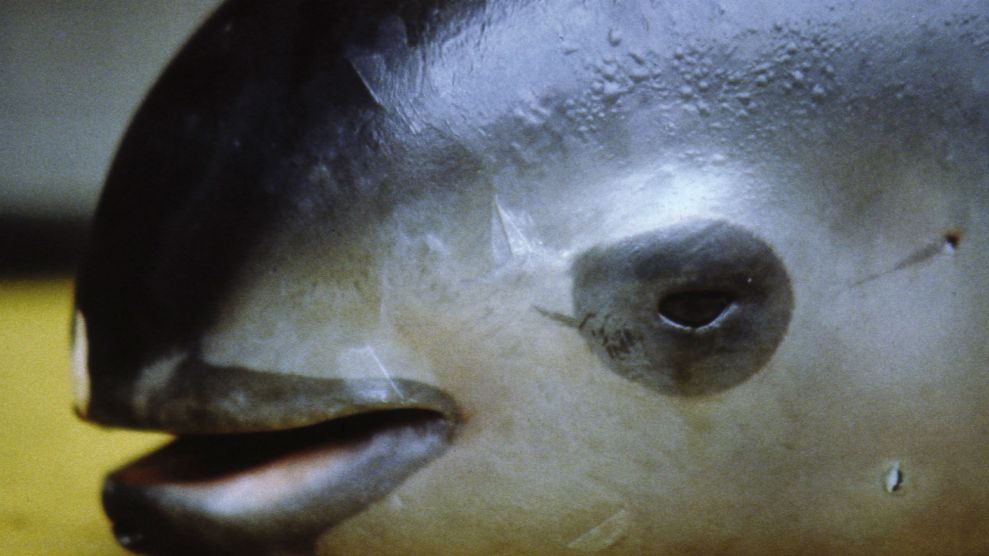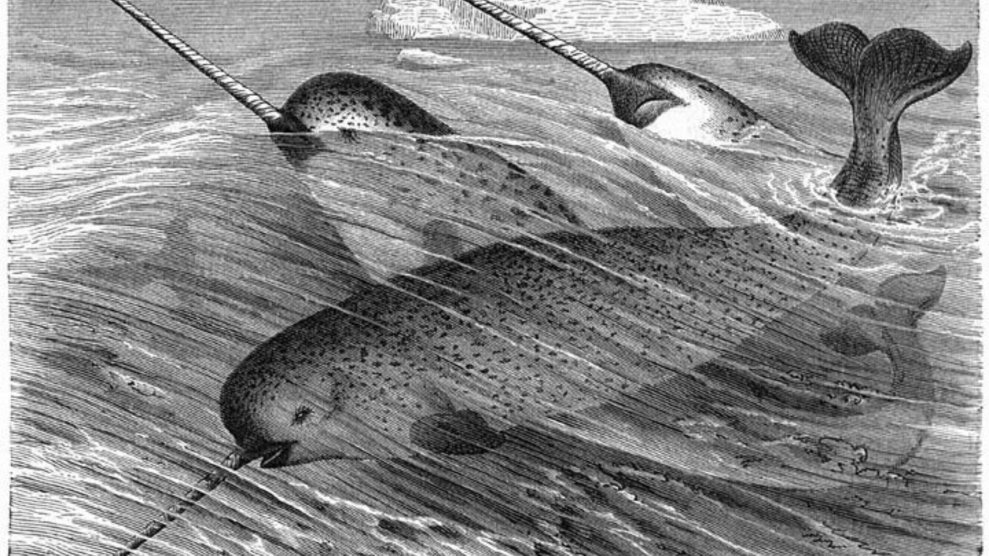
The vaquita porpoiseOmar Vidal/ZUMA
In a win for environmentalists Thursday, the United States Court of International Trade ruled that the federal government failed its “statutory duty” to protect the critically-endangered vaquita porpoise.
With as few as 15 individuals remaining in the wild, the vaquita is the world’s rarest marine mammal and faces imminent extinction due to gillnet fishing in the Gulf of California, a small body of water about 100 miles south of the US-Mexico border.
In Thursday’s ruling, Judge Gary S. Katzmann ordered the Trump administration to ban the import of fish from “any Mexican commercial fishery that uses gillnets within the vaquita’s range.” Because the vaquita lives in foreign waters, there are small, but critical steps the US federal government must take in a case like this, and banning imports from a harmful industry is one of them, environmentalists argue.
According to the complaint originally filed by the Natural Resources Defense Council, the Center for Biological Diversity, and the Animal Welfare Institute back in March, Trump’s Departments of Commerce, Treasury, and Homeland Security were violating the 1972 Marine Mammal Protection Act (MMPA) and its provisions on foreign fishing practices. As Mother Jones reported in March:
The act mandates that the federal government “ban the importation of commercial fish or products” from countries where fish has been caught with “commercial fishing technology which results in the incidental kill or incidental serious injury of ocean mammals in excess of United States standards.”
The plaintiffs argue that’s exactly what’s happening here. With such a sharp decline in their population, the vaquita is drowning in the Gulf of California at an “unprecedented rate that far exceeds U.S. standards,” according to the lawsuit.
This week, the court agreed. So, although the case’s outcome is certainly a reason for fans of the rare but adorable animal to celebrate, its future—and the hundreds of other species under attack by the Trump administration—is far from certain.















